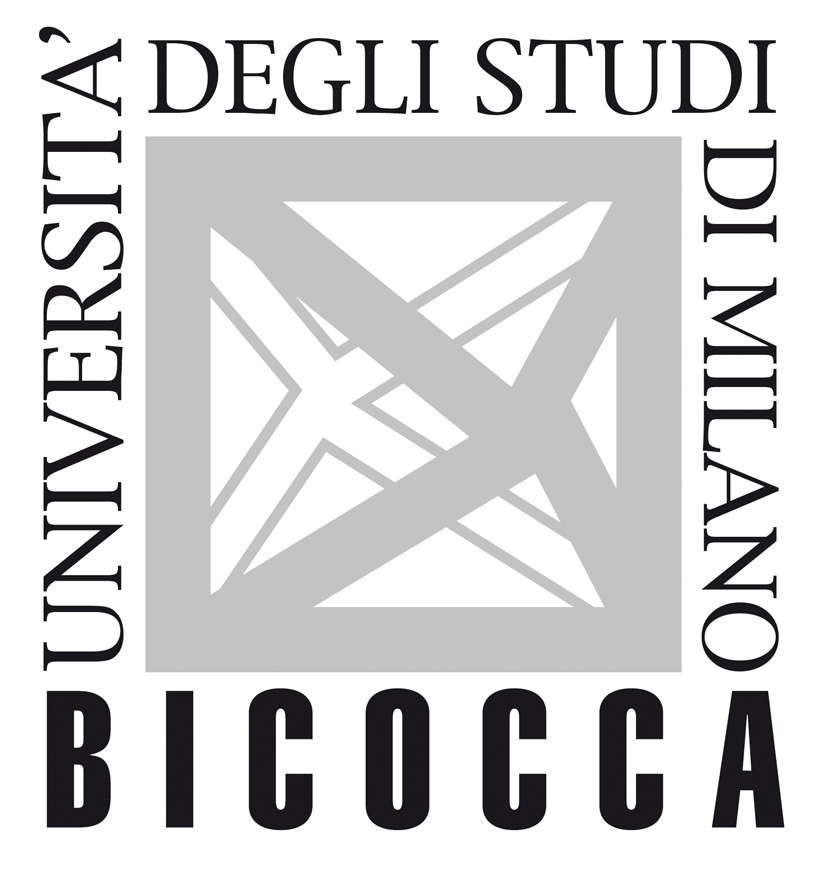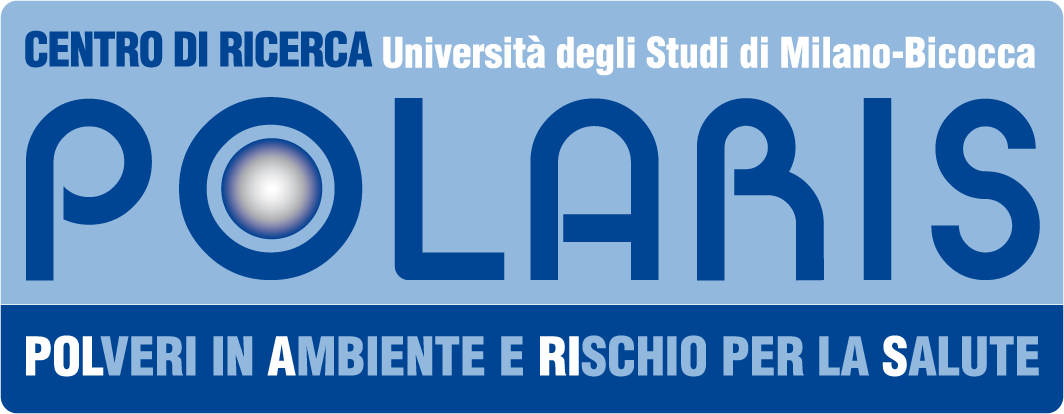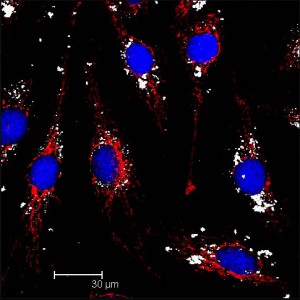The increase in the production and use of nanostructured materials determines the need of a careful evaluation of the effects on human and environmental health, so to guarantee a safety and sustainable development of the nanotechnologies. The Nanotoxicology group of the POLARIS Research Center is involved in the study of the biological effects of new nanomaterials (NM) in in vitro and in vivo models, with a main focus on the biological mechanisms involved in the specific cell-nanoparticle (NP) interactions.
Biological models
- mono and co-colture of human lung cells;
- Xenopus laevis embryos.
Biological assays
- cell viability; proinflammatory cytochine release; oxidative stress biomarkers; genotoxicity; cell morphology;
- Frog Embryo Teratogenesis Assay – Xenopus (FETAX) (ASTM E1439-98);
- Acute toxicity test with Daphnia magna (ISO 6341, 10706) (collaboration with Dept. Bioscience, University of Milan).
Facilities
Cell colture lab; Environmental Toxicology Lab, Electron Microscopy (TEM, SEM); Fluorescent and confocal microscopy; Histology Lab; Cell Biochemistry Lab (western blot, ELISA, cytometry and cytofluorimetry); Physical and chemical characterization of NPs (DLS, ICP-OES).
The figure shows clusters of TiO2 NP in cultured human cells





